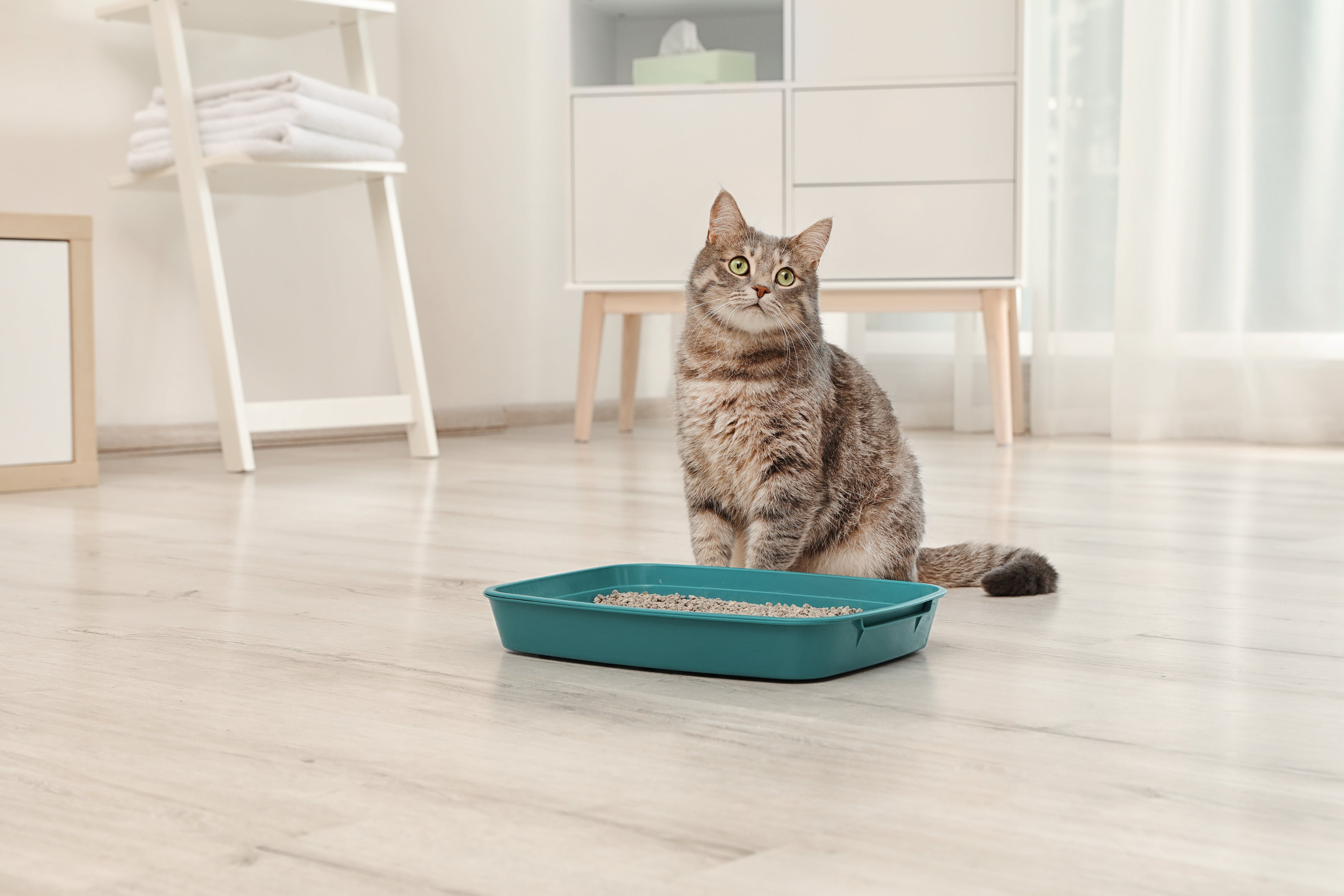
Why does my cat pee everywhere?
What's more frustrating than arriving home after a long day at work and stepping directly into the pee... not to mention the unpleasant smell of cat urine!
"My cat pees all over the house! Yet he's clean and used to using his litter box. What should I do?"
If your cat starts urinating outside of the litter box, it's important to investigate to determine the cause. Cats are usually very clean animals, so there's likely a hidden explanation for this new behavior. It could be a health issue, environmental issues, or behavioral factors.
Here are the possible causes and possible solutions to ensure your cat's health and help it get back into good habits.
Health problems
If your cat starts urinating outside of the litter box, pay close attention to the frequency, color, and odor of their urine. This change in behavior could be related to more serious health issues.
Watch for the following symptoms:
-
the presence of blood in the urine which may indicate a bladder infection (cystitis) or urinary tract infection;
-
increased frequency may indicate diabetes, kidney failure or hyperthyroidism;
-
urinary incontinence which may be due to age or the onset of neurological problems.
When you notice significant changes in your cat's habits, there may be medical causes. Consult your veterinarian to rule out any health problems.
A change in his routine
Have you ever noticed that your cat often lies down in the same places, asks for food around the same time, and develops a little daily routine? When their routine is disrupted, it can have repercussions for their health.
Small changes that disrupt your cat's routine
For example, if you buy a new brand of litter, change the tray, or add a strong-smelling product , this can repel your cat and cause it to go elsewhere.
If you absolutely must change the litter box, it's important to understand your cat's preferences so you can find the ideal type. In any case, make sure the litter box is located in a large, quiet area.
Big changes that unsettle your cat
Moving is one of the biggest changes in routine for a cat: new smells, new rooms, a new neighborhood, etc. Everything is there to destabilize your cat and disrupt its state of mind!
You can add artificial hormones to help your cat adjust to its new environment. Choose products that are safe for your pet and odorless for you.
The cleanliness of his litter box
Your cat is a very tidy animal who bathes several times a day. For them, an ideal litter box is an extremely clean and well-maintained place. It's important to clean it regularly. A cat will prefer to relieve itself on the living room rug rather than go into a litter box where its little paws will be soiled.
Find all the products you need in the Litter and Cleanliness section of your Animo etc. store.
The number of litters
Since most cats prefer not to share, the number of litter boxes is a very important element to respect this little whim. Also, some cats defecate in one box and urinate in the other. Ideally, you should have one more litter box than the number of cats (2 cats = 3 litter boxes). If you are short on space, you should have at least one litter box per cat.
Territorial behavior
Urine marking is a typical behavior in male cats, especially when there's a female in heat nearby. The arrival of another feline in the neighborhood, even if it doesn't live in your home, can trigger territorial behavior in your cat and explain the housetraining problem.
Make sure to wash the areas where your pet has marked its territory with a good cleaning and deodorizing product . If the odor is not properly removed, the cat may start again, believing it to be an appropriate area given the still-present odor.
You may also consider neutering as a solution to stop urine marking by decreasing hormone production (estrogen and testosterone).
Conclusion
There are several reasons why your cat may be relieving itself outside of the litter box. By paying close attention to the signs, you can try to determine if this new behavior is due to health, environmental, housekeeping, or behavioral issues. before considering solutions.
If the problem persists and your cat shows signs such as anorexia, difficulty urinating, blood in the urine, or even increased frequency, consult your veterinarian promptly. This will help you identify more serious health problems and help your cat.
Author: Audréanne, animal health technician


